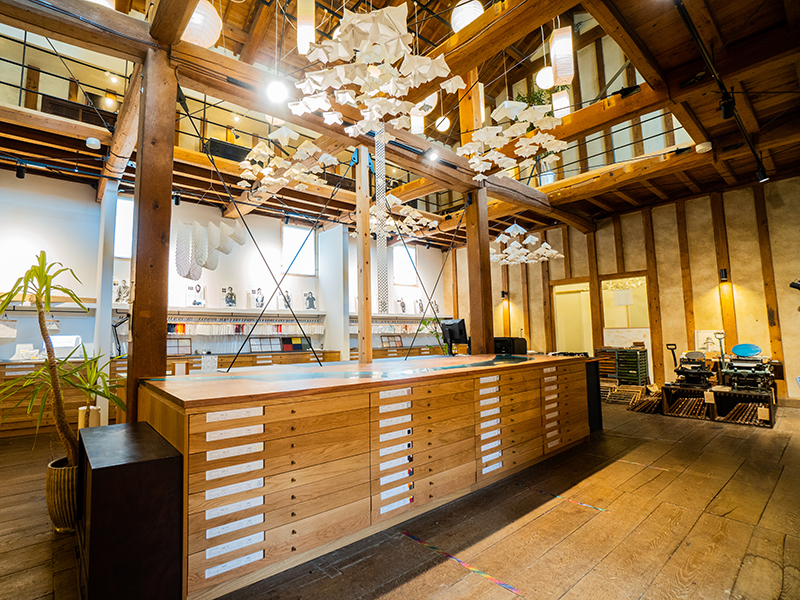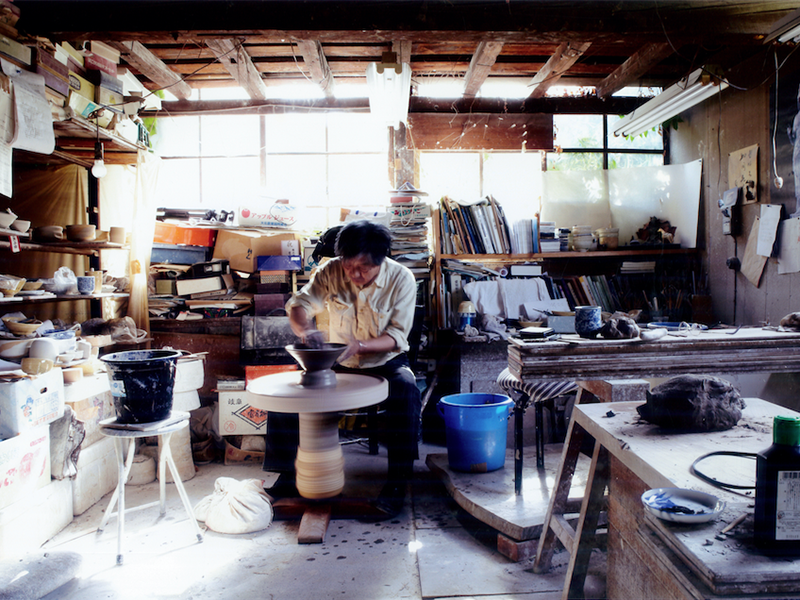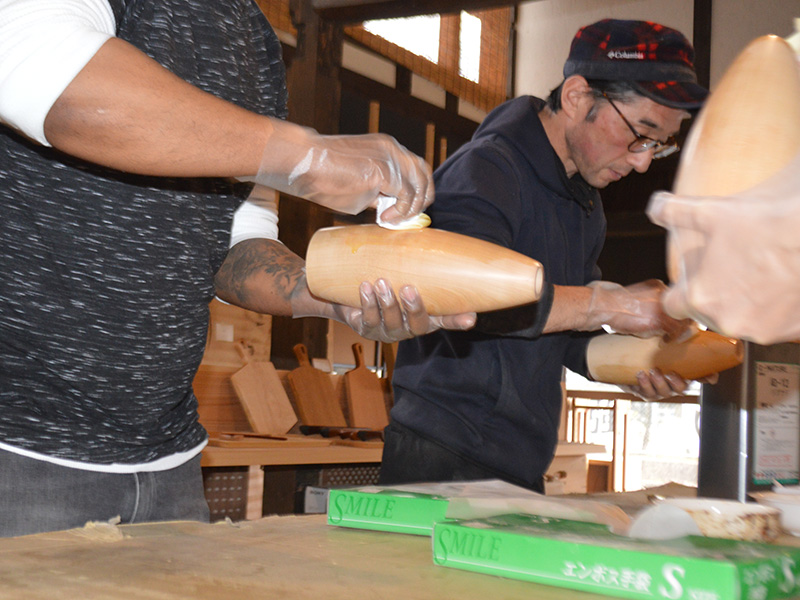Experience master craftsmanship in Gifu Japan closely
For over 1,000 years, master craftsmanship has flourished in Gifu in a variety of forms. Today, craftsmen in Japan carrying on traditional techniques handed down by their forefathers are focused on crafting items that are at home in contemporary life. We can see this in knives from Seki, where skills used to craft blades for samurai are re-purposed for kitchen knives and cutlery; in Mino washi paper, registered with UNESCO as Intangible Cultural Heritage; in Hida-Takayama woodcraft, which has its origins in the decorative designs on temples and shrines in ancient times; and in the Mino ware that is reputed to make up more than 50% of Japan’s earthenware at present. We invite you to pick up and examine these many Japan craft works combining beauty and utility.
1. Blades
In Seki City, located in central Gifu, the history of blade-crafting can be traced back 700 years. This city is known as one of the world’s top three knife producing districts.

Asano Kajiya 
Cutler SANSYU & Hamono Museum 
Seki Traditional Swordsmith Museum
2. Washi Paper
Boasting a history spanning 1,300 years, Gifu’s hon-minoshi paper was designated UNESCO Intangible Cultural Heritage in 2014. It is popular all over the world, being used for 90% of oriental painting restorations by museums such as the Louvre and British Museum.

Washi-nary 
Mino Washi “Akari” Art Gallery 
Mino-Washi Museum
3. Ceramic Ware
Gifu ware, with a 1300-year history, accounts for around 50% of Japan’s entire ceramic production, taking out the top spot in Japan. Here, they leverage traditional techniques to turn out a myriad of different products.

Kusano Kashira – Gama 
Kobei – Gama 
Mosaic Tile Museum, Tajimi
4. Woodcraft
The Hida region in northern Gifu has been famed for woodwork since the 700s. Artisans make everything from traditional crafts, such as Hida Shunkei lacquer ware, to furniture and kitchen goods in a contemporary style.

TS Sangyo (nokutare) 
Oak Village 
Takayama Festival Floats Exhibition Hall
5. Other
In Gifu, the traditional craft warehouse of Japan, you’ll find many other time-honored craftworks, including Gujo Somemono, cloth dyed with traditional indigo dye, and masu, square wooden sake cups. Find something you love.

Gifu’s Handcraft Artisan House CASA 
Watanabe Somemono Dyehouse 
Ohashi Ryoki Ltd. (Masu Kobo Masuya)

















